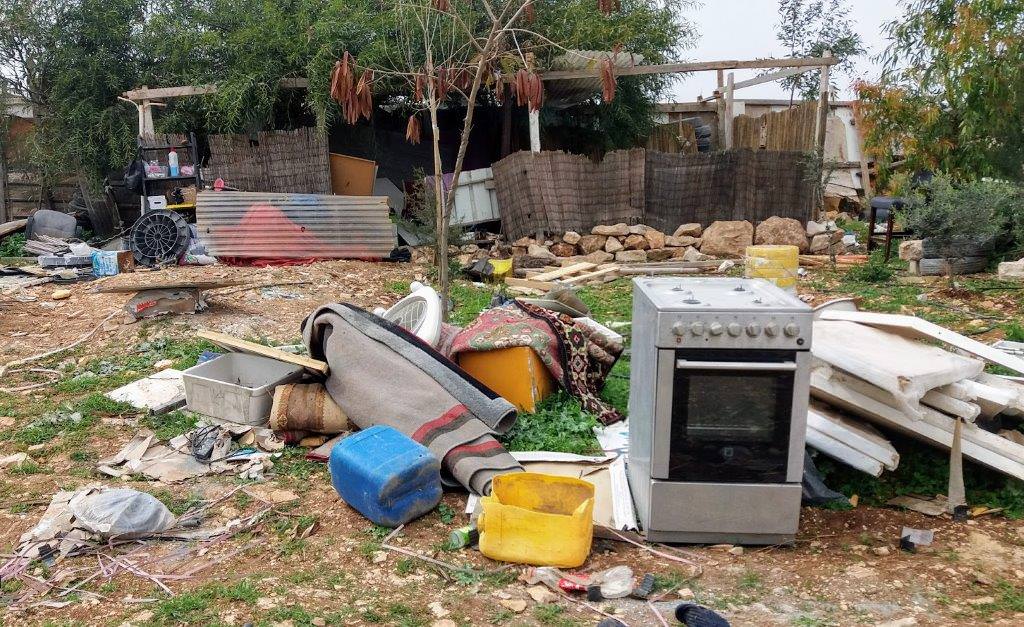
It seems that Bedouin children have many more responsibilities than would be common in the West and are gradually socialized into the workforce. In contrast, I could not imagine my Dutch nephews – who are at a similar age – or other Dutch or Israeli children taking so much responsibility. I had associated child labor with child abuse and children working for long hours in terrible conditions. This may be true in some societies, but I never encountered Bedouin children forced into work. My observations indicated that most Bedouins are fond and rather protective of their children. At the same time, child labor – after school hours – is common and accepted, and as far as I could see, the children seem happy to participate in the lives of the grownups.
My Experience of “Work Attitudes”
The challenge here was mainly cognitive. The idea that relations between people are more important than money was hard to grasp. Furthermore, at first I found it difficult to accommodate to the flexibility of work and leisure time, but after a while I habituated. I could see the advantages of this style of living. Though it was annoying to see how all my work in the garage was lost, this was a learning experience. The most striking thing for me was than many issues that I had considered as self-evident and not worthy discussing – like a consultative way of decision-making, payment to workers as a function of their work and not as a function of what they need, registration of income and expenses – were considered by Bashar as either problematic or unacceptable.
I experienced issues like child labor initially as strange and confusing. The human rights organization in which I am active for many years, Amnesty International, subscribes to the International Labour Organization Conventions of Child Labour (United Nations, 1973) and the Rights of the Child (United Nations, 1989), which put strict limits on the economic exploitation of children. My encounter with seemingly happy Bedouin children at work did not coincide with what I had believed. Child labor is an example of how the intercultural encounter, “threatened” my value system, and made me feel less secure about what is “right” and what is “wrong”. It also made me more aware that even (my) basic assumptions about society are no truths, but can be challenged.








